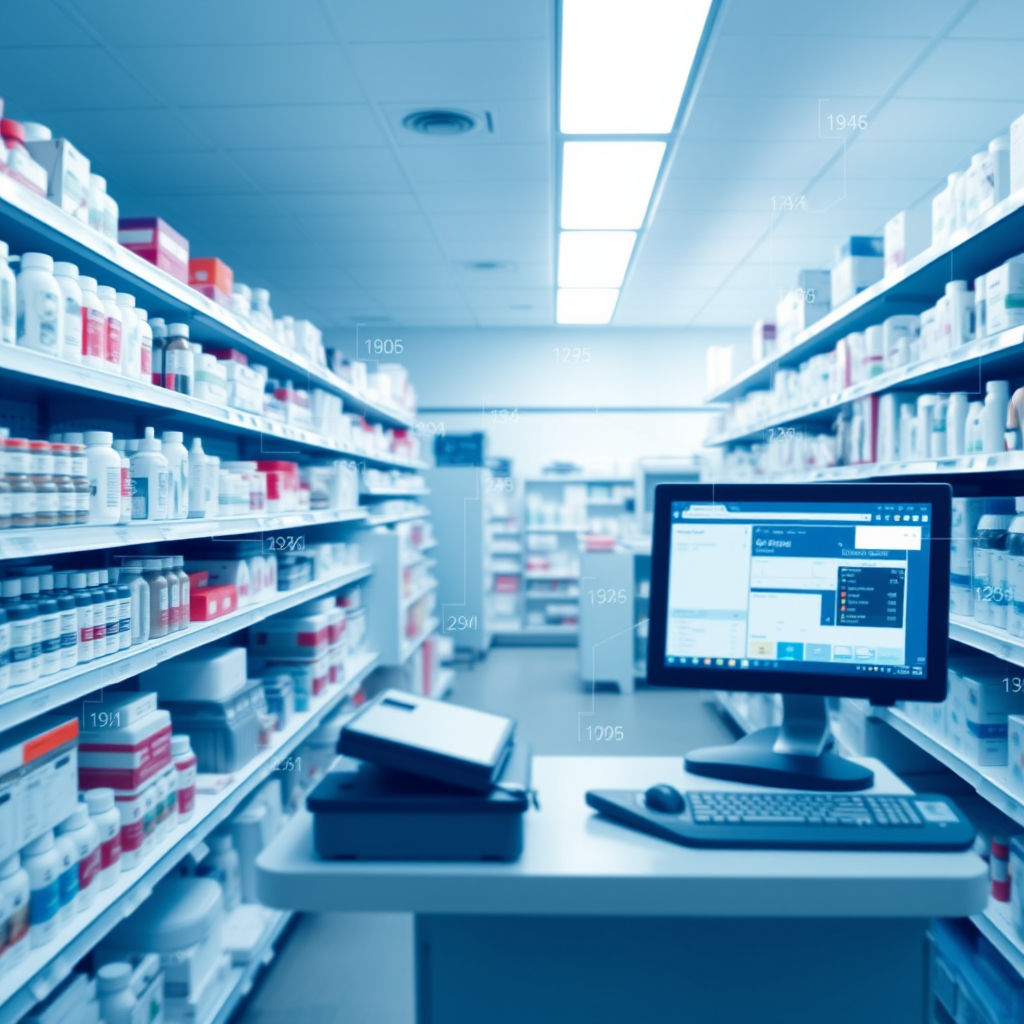
CALL OR MESSAGE US AT:
+91 63036 31576
Please WhatsApp your Prescription on the above number & We can Get it Ready for you
At MedAux
YOUR HEALTH IS OUR PRIORITY
Anaemia

Anaemia is a reduction in the number of red blood cells or the amount of haemoglobin in the blood. Haemoglobin is a component of red blood cells and allows oxygen to be transported throughout the body.
The decrease in the number of red blood cells or haemoglobin that occurs in Anaemia can be caused by blood loss, abnormal red blood cell production, problems in making new red blood cells, excessive destruction of red blood cells or a combination of these changes. Anaemia reduces the amount of oxygen available to cells of the body. There are many different types of Anaemia and they vary in their cause and severity.
• Acute haemolytic Anaemia occurs when red blood cells are broken down before the end of their life span. The increased breakdown of red blood cells can cause jaundice if the liver cannot metabolise the haemoglobin from the cells. Forms of haemoglobin may be excreted in the faeces and urine.
• Aplastic Anaemia is caused by a defect in the production of red blood cells. In some cases, aplastic Anaemia is caused by exposure to chemicals such as benzene or arsenic, radiation and reaction to drugs (e.g. antibiotics and anticonvulsants).
• Iron deficiency Anaemia is the most common form of Anaemia. Iron is an essential part of healthy blood. Iron promotes the oxygen-carrying ability of the blood. Symptoms of iron deficiency in the blood include fatigue, breathlessness on exertion, dizziness, headache, insomnia, paleness of skin and mucous membranes, palpitations, swollen ankles, anorexia (loss of appetite) and indigestion.
• Macrocytic Anaemia is caused by a deficiency of vitamin B12 or folic acid and drugs such as anti-cancer treatments and immunosuppressants. In Macrocytic Anaemia, the red blood cells are enlarged and immature, so they do not have a good capacity for transporting oxygen.
TREATMENT OPTIONS
As with all conditions your Doctor should be consulted to diagnose and treat this condition. Ask your Doctor about the latest advice on this ailment. It is important to find the exact cause of any given type of Anaemia, so that further episodes of Anaemia can be avoided.
Iron-deficiency Anaemia may be treated using iron supplements in order to replenish the body's iron stores. Delayed-release iron supplements are not as effective as non-delayed release formulations such as a Ferrous gluconate preparation. These formulations are available from your MedAux Pharmacy. Deficiencies in vitamin B12 are usually treated by vitamin injections and folate deficiencies may be treated with folate supplements.
DIET HINTS
Dietary modification may be necessary if Anaemia is caused by a nutritional deficiency. Always follow any dietary advice provided by your Doctor or the Dietician. Concentrate on iron-rich and vitamin C-rich foods. Vitamin C (and other acidic foods) helps the absorption of iron. By far the best source of dietary iron is liver, seafood (oysters and fish), kidney, heart, lean meat and poultry.
Other iron rich foods include dark green leafy vegetables such as spinach and broccoli and dried beans and vegetables. Other sources include egg yolks, dried fruits, dark molasses, wholegrain and enriched breads and cereal. Reduce consumption of tea and coffee, which can inhibit iron absorption. Drinking tea and coffee between meals, rather than at meal times, may help to prevent the adverse effects of these beverages on iron absorption.
VITAMINS/MINERALS/HERBS
Vitamins and minerals are only of assistance if dietary intake is inadequate.
• Folic acid supplementation may be beneficial in the treatment of Anaemia.
• Vitamin B12 deficiency may lead to Anaemia therefore supplementing with Vitamin B12 may assist.
• Vitamin C can enhance iron absorption therefore be used in the treatment of Anaemia.
• Iron can be beneficial in the treatment of iron-deficiency Anaemia.
PHARMACIST'S ADVICE
Ask your MedAux Pharmacist for advice.
1. Watch the diet closely and include foods that contain vitamin C and folic acid as these foods are thought to help the absorption of iron.
2. Your Pharmacist might suggest supplementary iron tablets.
3. Coffee has been shown in studies to reduce iron and other mineral absorption from food. Tea also has this tendency. To avoid decreasing food absorption, drink tea and coffee either one-hour before a meal or two hours after a meal.
ORGANISATION & GROUPS
National Anaemia Action Council (http://www.anemia.org/patients/)
